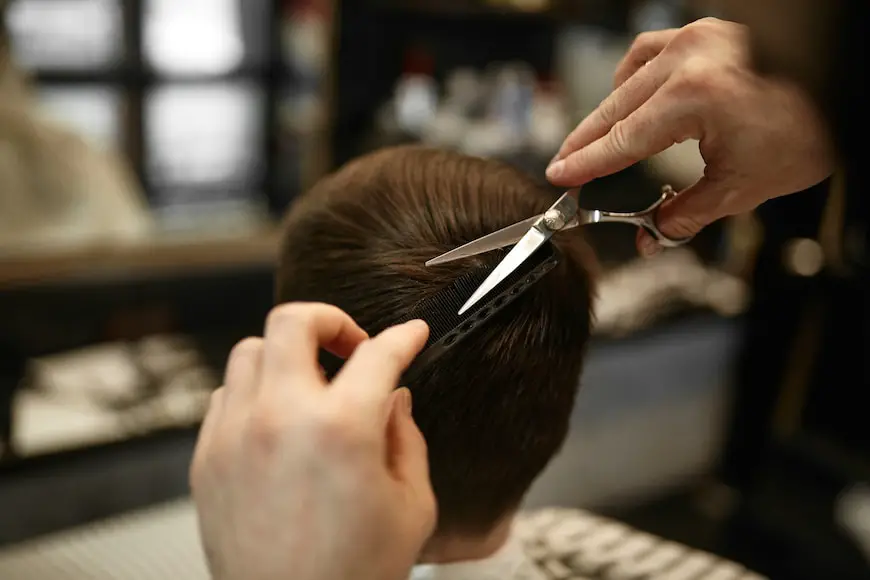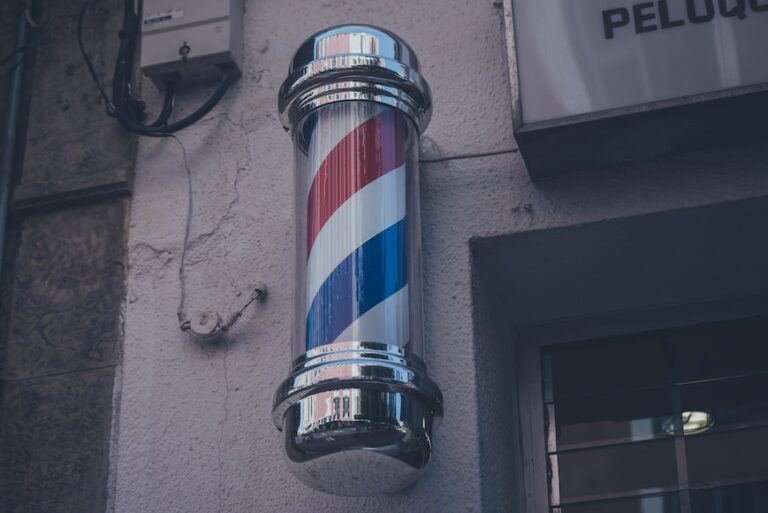Is It Illegal To Cut Hair On Sunday? (What Law Says)

For years, the legality of cutting hair on Sundays has been a source of consternation and debate.
Many people believe that getting a haircut during these days is illegal, while others dismiss it as an old wives’ tale.
In this article, we will investigate the origins of this belief, investigate the legal aspects, and determine whether it is truly illegal to cut hair on Sunday.
Is It Illegal To Cut Hair On Sunday?
The answer to your question may vary depending on the location and time period in question.
Different jurisdictions have different laws and regulations governing the practice of barbering, which includes hair cutting.
However, according to our research, it appears that it was illegal to cut hair on Sundays in some places, such as New York, until recently.
For example, on Sundays, barbershops and other hair-cutting services are no longer prohibited in New York. Anyone who violated the law could have been charged with a misdemeanor or fined up to $5 for the first offense.
However, before cutting hair on Sunday, you should check the laws and regulations of other places, as they may differ from state to state or country to country.
Read Also: Punishment for cutting hair without Liscense
Origin of Blue or Sunday Law
Blue laws are those that restrict or prohibit certain activities on specific days, usually Sundays, for religious reasons. They are also known as Sunday laws.
Some people believe that Sunday is a holy day reserved for worship and rest, and that doing anything else on that day is wrong or disrespectful.
As sundays were traditionally considered a day of rest and worship in many cultures, and Monday was frequently associated with the start of the workweek.
People thought that doing things like cutting hair on these days was disrespectful or disruptive to the peace and quiet associated with Sundays and the start of the workweek.
Blue laws have existed in the United States and other countries for a long time.
They began during the colonial period, when the majority of people were Christians and followed the same rules.
However, many people’s beliefs and preferences about how to spend their Sundays have evolved over time.
Different states and cities have different blue laws, and some have changed or been repealed over time.
Some courts have ruled that blue laws are legal as long as they serve a purpose other than religious discrimination, such as protecting workers or families.
Some courts have ruled that blue laws are unconstitutional because they violate religious freedom or the separation of church and state.
Conclusion
The legality of hair cutting on Sundays varies depending on location and time. Blue laws, which limit activities on Sundays for religious reasons, have a long history.
While such restrictions were recently lifted in New York, they may still exist in other places.
The debate raises concerns about the proper balance of religious traditions and individual liberties. The decisions of the courts vary, with some upholding blue laws for secular purposes such as worker protection and others finding them unconstitutional in terms of religious freedom.
Individuals must ensure that they are in compliance with local laws. Changes in societal norms may result in additional changes to these laws, reflecting shifting values and beliefs.






